Entrusting Women with Leadership Roles
The philosophy that underpins Barefoot College Zanzibar is that by educating rural women, they will, in turn, become the chief change-makers in their communities. One of the main programs at the college is Solar Electrification: marginalized rural women are chosen to train at the college for five months on how to install and maintain Solar Home Lighting Systems (SHLS). After the training, the women earn the title of Solar Engineer, locally know as Solar Mamas.
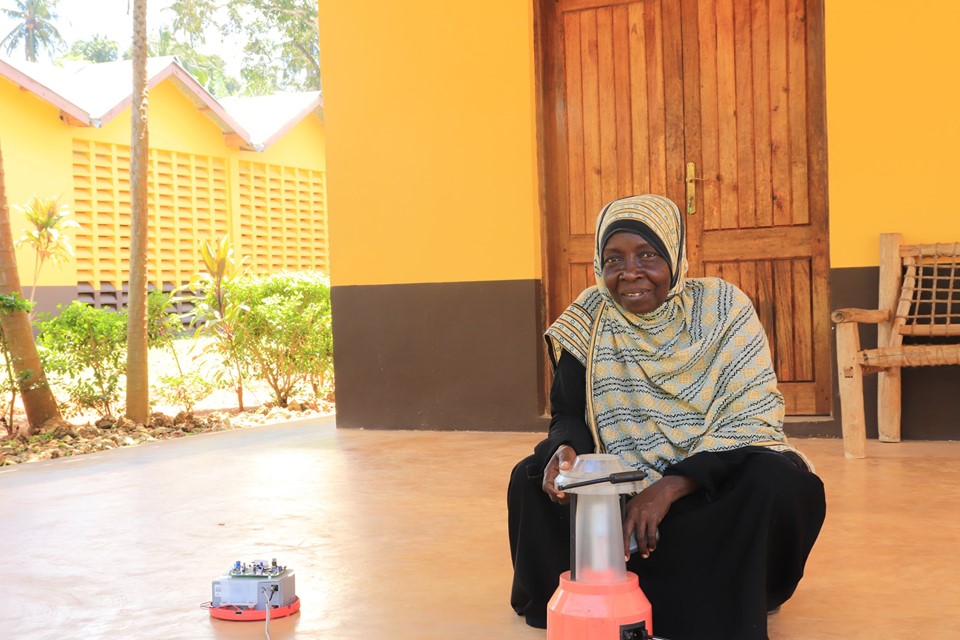
The SHLSs installed by Barefoot College Zanzibar include:
- A 40-watt solar panel
- Charge controller
- 4 light bulbs
- Battery with waterproof case
- USB cables to charge multiple devices and appliances
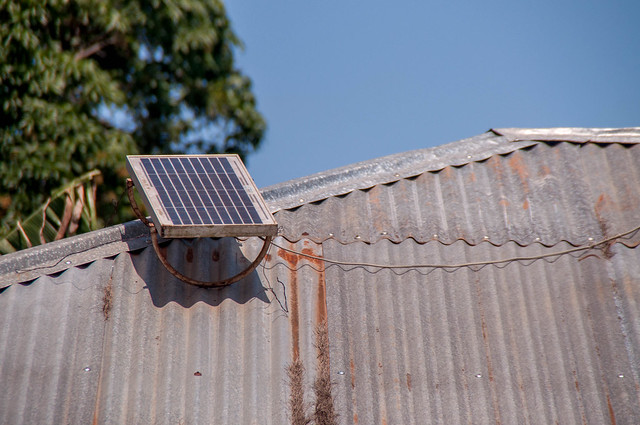
Since the program was launched in Zanzibar, 31 local, illiterate or semi-literate women have been trained to become Solar Engineers, over 800 solar panels have been installed and about 4,000 people have benefited from clean, renewable energy. Despite the steady growth, Barefoot College strongly believes that many more women can be trained to become solar engineers and thousands of households would benefit from having a solar electrified home, notably children who are able to complete their homework.
Zanzibar: Increasingly Solar-Powered
Let’s journey together through the process of introducing the Barefoot College solar lighting system to a village in Zanzibar! Once the Barefoot College community support leader has identified a village, it is their responsibility to approach the village chief and introduce the program. Abubakar Khalid Bakar, the community support leader of Upenja district of Chokwe village, accompanied by a few Solar Mamas, gives a verbal presentation of the solar electrification program, its benefits and monetary costs to Juma Abdallah Ali, the village chief.
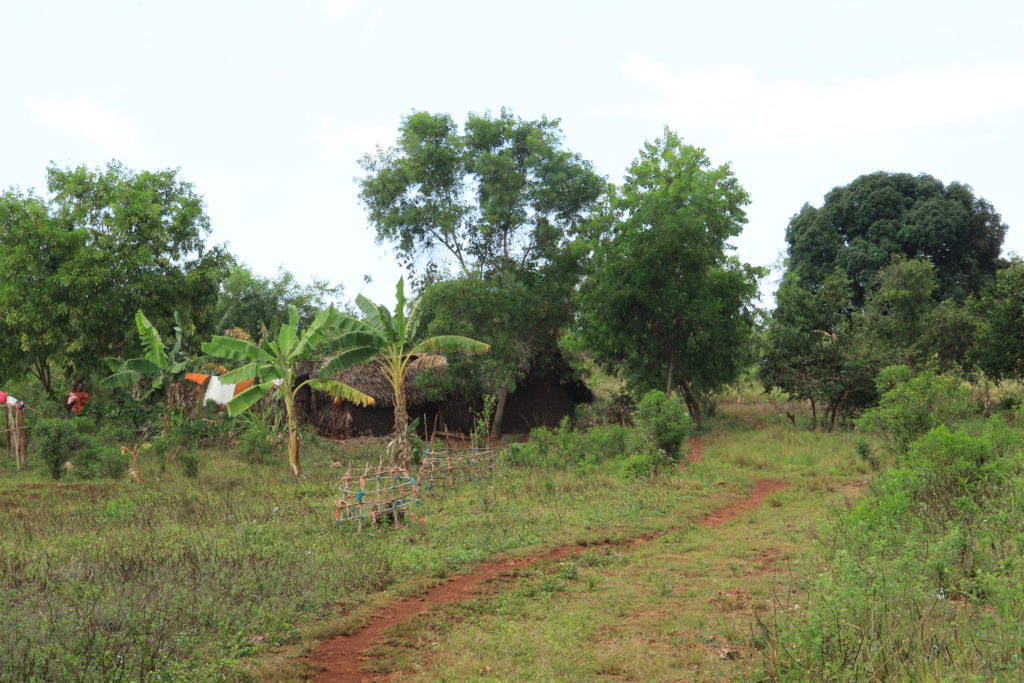
As the village spokesperson, the chief usually takes the opportunity to highlight the challenges faced by his community and inquires more about the program. Most of Juma’s apprehensions with programs stem from financial costs, as the village struggles with the common burden of poverty. Once Juma has become acquainted with the Barefoot College team and becomes more comfortable with the potential benefits the program can provide, he offers to take the team through the village to get a better understanding of its size and demographics. Abubakar and Juma then plan a meeting with the villagers to inform, educate and receive feedback about the possibility of having solar electrified homes.
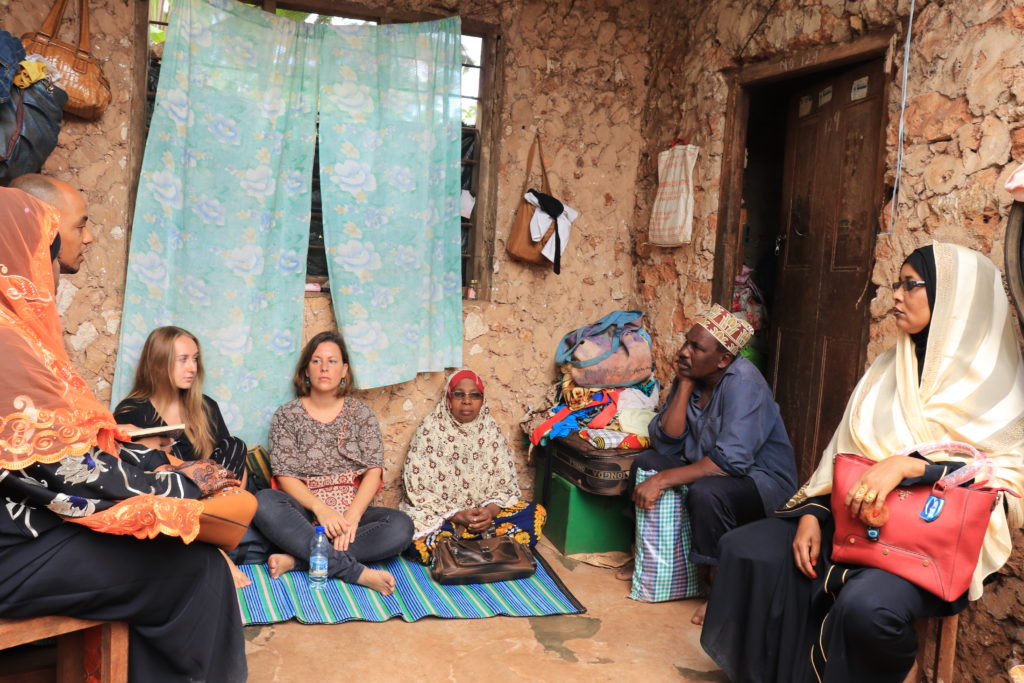
Finally, the Barefoot College team analyses the information and feedback received from the community and makes an informed decision on whether to incorporate the new village. Only villages that are inaccessible, remote and non-electrified are considered for solar electrification. Upenja district is a community whose essential livelihood is farming. The closest school available is over 4 km from the region due to its remoteness, hence Upenja is an ideal location for the Solar Electrification program.
The vision of Barefoot College Zanzibar is to facilitate the sustainable development of societies by building the capacity of local women; therefore, respectfully approaching the local community and considering their feedback significantly increases the chances of success.
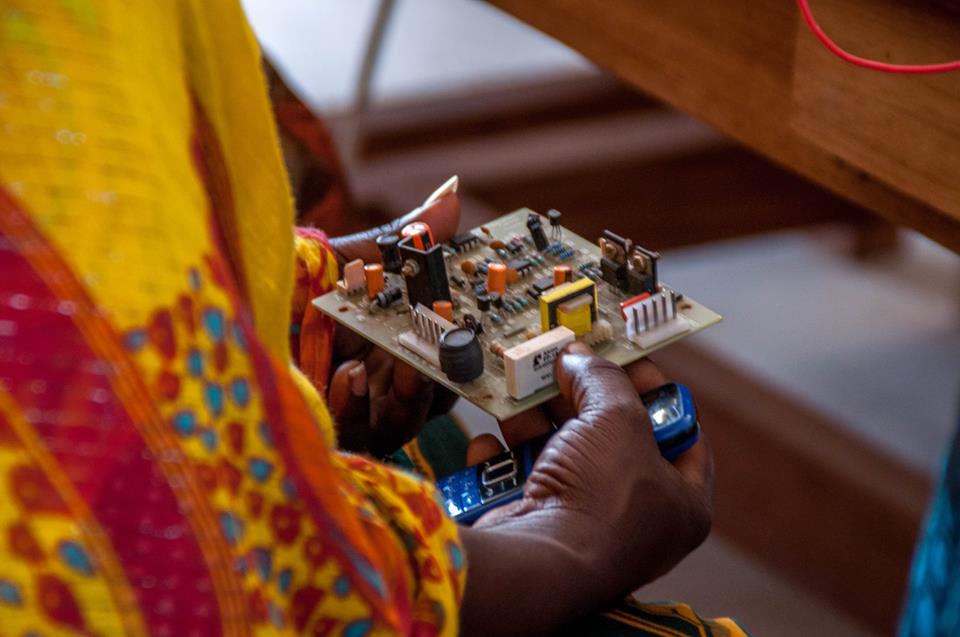
For more information, stories and ways to help, please visit Barefoot College Zanzibar on Facebook.

